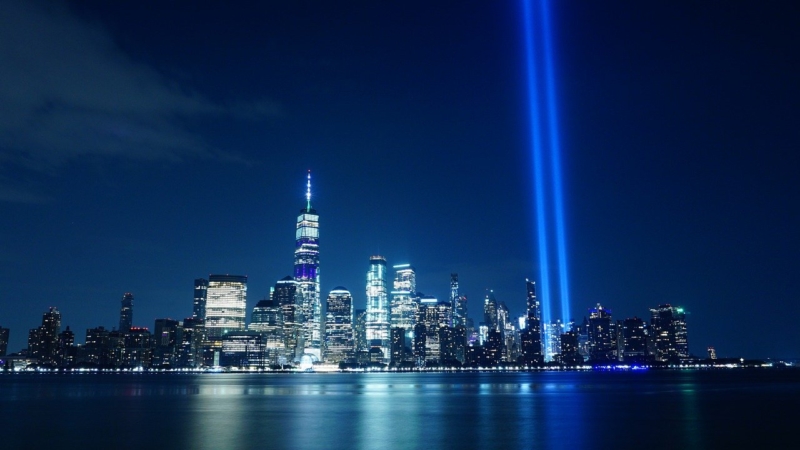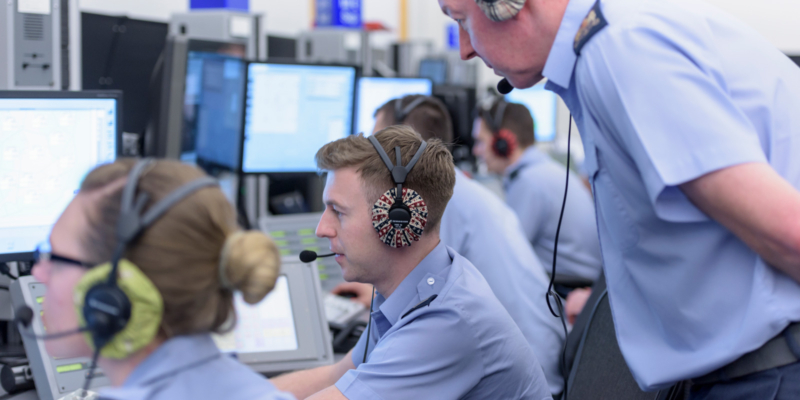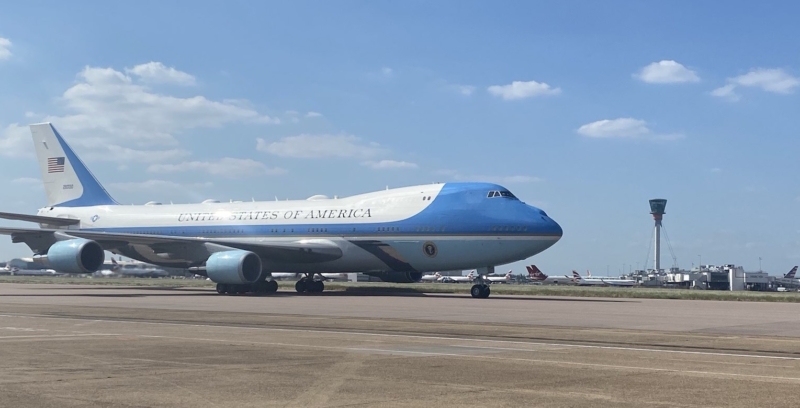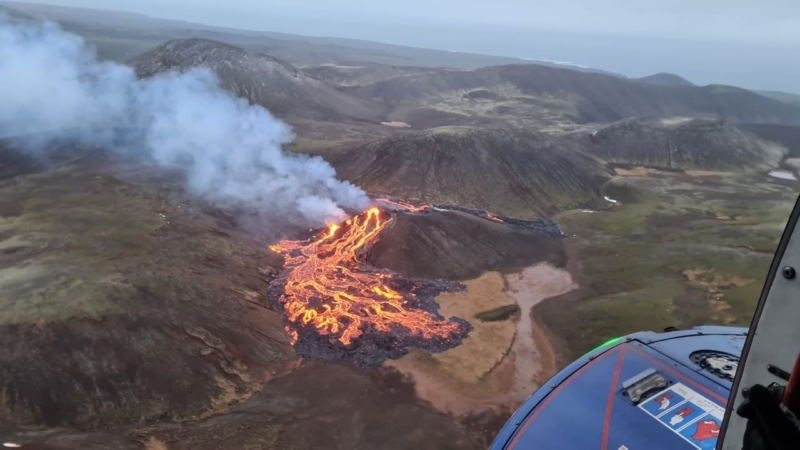‘The Ocean is now effectively closed’ – remembering of 9/11
10 September 2021Saturday marks the 20th anniversary of the tragic events of 11 September 2001. Those of us who are old enough to remember it will never forget where we were or what we were doing when we heard the news. Most of us probably then spent the next few hours glued, horrified to the rolling news coverage.
But some, like the two air traffic controllers below who originally shared their stories back in 2013, had to process the news while also very quickly understanding and managing the implications of what was happening across the Atlantic.
We wanted to re-share their stories to mark this milestone anniversary – alongside the incredible account recorded in the London Area Control supervisor’s log book below – in memory of the victims, and in thanks for all those who worked on that day and every day since to help keep the skies safe.
Tim Vollam, Oceanic Group Supervisor, Prestwick Centre
I can remember that day very clearly, but it started much like any other really. I was on a day shift, starting at 10am, with plans to spend it doing some on the job training with a student controller.
It was at about 2pm that we first heard that something had happened in New York, and it became clear very quickly that this wasn’t going to be an ordinary shift. US airspace was almost immediately closed, so all the traffic that was beyond half way across the Atlantic was being diverted into Canada. However, anything nearer to Europe was going to need to turn around and come back.
You don’t use radar while working on oceanic traffic. The distances are too great for VHF comms and radar so we have to issue instructions transmitted via high frequency radio. We’re then reliant on the pilots giving us regular updates on what they want to do and their location [something that has now changed with the introduction of real-time surveillance technology over the Atlantic].
The first request for a turnback came to my sector from a pilot flying from Amsterdam, but we soon started to be inundated. A turnback in itself isn’t that an unusual occurrence. People get ill on board or perhaps there is a technical problem with the aircraft and they will ask to head back to Europe. We would usually get one or maybe two a week. On that afternoon we had 85 in the space of a little over three hours.
I think that was the biggest challenge, the sheer workload, whilst knowing the enormity of what was still unfolding in the US. We were very fortunate that we had colleagues who were on their rest days volunteering to come in and help.
Looking back at it now I’d definitely describe it as the most challenging day of my career so far, but with the benefit of hindsight it was also the most rewarding. In circumstances like that you realise how important all the training is that we go through. It enabled us to do what needed to be done and to get all those people home safely. It is something I won’t ever forget.
Phil Jones, Former Operations Supervisor, London Terminal Control
It is certainly one of those events where I think everyone can remember where they were and what they were doing. I was a north sector radar controller at the time working in the NATS London Terminal Control team.
About half an hour after I’d started my shift, people began coming back from breaks and telling the rest of us what was happening on the news. I remember very clearly how the atmosphere became quite surreal as we knew something terrible was unfolding across the Atlantic, but with planes in the air we just had to carry on working as normal.
As the enormity of what was happening became clearer, questions were being asked about how the UK should respond. The biggest fear was that there would be an attack in this country, and you could tell how nervous the pilots were. I think they just wanted to get back safely on the ground as quickly as possible.
The government was talking to NATS and the CAA about whether UK airspace should be closed as a precaution, just like the Americans had done. In the end it stayed open, but we had to change the normal procedure for aircraft on final approach into Heathrow. This meant bringing them in much tighter so that we could avoid sending them over central London, something that I don’t think we’d ever done before in a live environment.
The atmosphere remained very tense, but as the afternoon went on it actually started to become eerily quiet compared to the normal amount of aircraft we handle. In fact it was probably the quietest I’ve ever experienced alongside the first Gulf War and the Icelandic ash cloud incident.
In terms of the legacy of that day, the obvious one is security. I think anyone working in aviation will always have the events of 9/11 in the back of their minds.
Comments
Please respect our commenting policy and guidelines when posting on this website.






10.09.2021
12:29
Peter
Many thanks for these incredibly heart moving accounts: “…..but as the afternoon went on it actually started to become eerily quiet….” the same we shared here in Madrid after the train bombing.